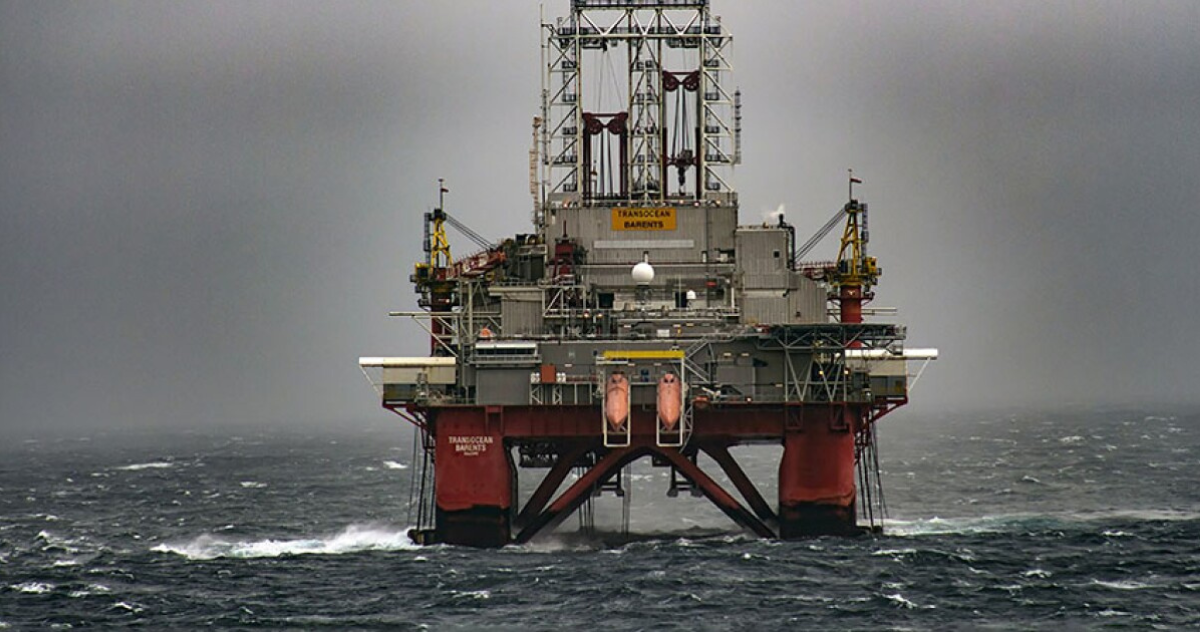UK (Parliament Politic Magazine) – In a statement shared with Rigzone this week, the UK Department for Energy Security and Net Zero (DESNZ) disclosed that the Offshore Petroleum Licensing Bill was presented to Parliament on November 8. The objective is to enhance the UK economy, fortify energy security, and facilitate the transition to a net-zero future. According to the release, the proposed legislation will mandate yearly oil and gas licensing rounds, imposing rigorous assessments related to emissions and imports.
It emphasized the significance of the domestic oil and gas sector, highlighting its crucial role in ensuring the energy security and economic stability of the United Kingdom. The implementation of regular licensing for exploration is anticipated to elevate certainty, bolster investor confidence, and enhance the United Kingdom’s energy independence, as asserted in the release.
Significant Role of the UK Oil and Gas Sector in Energy Security and Economic Stability
The newly proposed regime will be contingent on meeting two pivotal criteria. Firstly, it requires confirmation that the UK is expected to sustain a status as a net importer of both oil and gas. Secondly, the carbon emissions linked to the production of UK gas must register lower than the average emissions associated with imported liquefied natural gas.
The release further emphasized that sustaining production within the UK would diminish dependence on imports with higher emissions. Notably, domestic gas production is reported to possess approximately one-quarter of the carbon footprint associated with imported liquefied natural gas, as outlined in the release.
DESNZ underscored in the statement that the oil and gas sector plays a vital role, supporting approximately 200,000 jobs and contributing GBP 16 billion ($19.5 billion) annually to the economy. Additionally, it highlighted the financial aspect, noting that fossil fuel producers are anticipated to contribute around GBP 50 billion ($61.0 billion) in taxes over the next five years.
The release underscored the sector’s significant contribution to the UK’s pursuit of the net-zero target by leveraging existing supply chains, expertise, and essential skills required for low-carbon industries like tidal power, offshore wind, and carbon capture and storage. It further emphasized that sustaining domestic production aligns with the Prime Minister’s priorities, aiming to foster economic growth while pragmatically and proportionately achieving the UK’s Net Zero target.
Government’s Efforts To Expand Domestic Clean Energy Sources
Despite the government’s efforts to expand domestic clean energy sources like offshore wind and nuclear power, the UK’s energy needs still depend on oil and gas. According to data from the independent Climate Change Committee, this reliance is expected to persist in the coming decades and extend beyond 2050.
In the statement, Claire Coutinho, the Secretary of State for Energy Security and Net Zero, emphasized that the UK has outpaced its counterparts in emission reduction. She highlighted the acknowledgment from the independent Climate Change Committee that the necessity for oil and gas will persist even after achieving the net-zero target in 2050.
Coutinho further emphasized the practicality of capitalizing on the UK’s domestic advantages, including oil, gas, wind, and hydrogen resources in the North Sea, particularly as energy markets become more unpredictable. The aim is not only to avoid importing environmentally less friendly fuels but also to provide the industry with the confidence to invest in local jobs. This strategy is designed to unlock substantial funds for the UK’s transition to clean energy.
Read More: UK Parliament Requests Testimony on NDA Impact on Women in the Music Industry
Offshore Petroleum Licensing Bill
As per the information available on the UK Parliament website, the Offshore Petroleum Licensing Bill has successfully completed the first reading stage in the House of Commons and is currently at the second reading stage. The bill is yet to undergo subsequent stages, including committee stage, report stage, and a third reading in the House of Commons.
Following this, it will proceed to the House of Lords, where it will undergo a first reading, a second reading, committee stage, report stage, and a third reading. The final stages involve consideration of amendments before ultimately receiving royal assent, as detailed on the parliamentary site.
In response to Rigzone’s inquiry about the Offshore Petroleum Licensing Bill, industry body Offshore Energies UK (OEUK) provided a release that had been issued earlier in the week. The release specifically commented on the King’s Speech, emphasizing its focus on economic growth and the outlined details of the Offshore Petroleum Licensing Bill.


